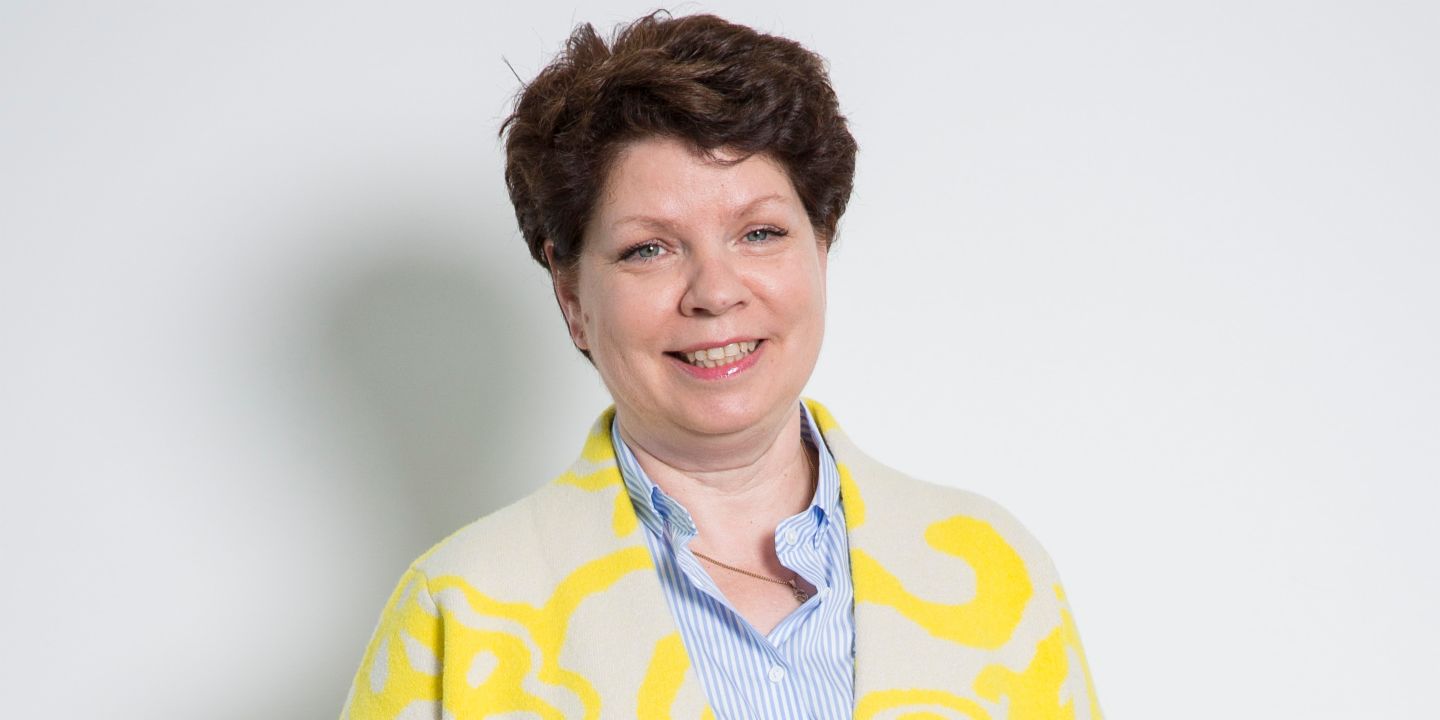Legal basis for debt collection: “Everyone has to comply with the laws”
In this interview, Kirsten Pedd, Chief General Counsel and Head of Public Affairs at EOS Group, explains why she would like to see stricter oversight of the debt collection sector, which sectors debt collection companies work for and what ‘first-party debt collection’ entails.

Ms. Pedd, how is debt collection regulated by law in Germany?
“Fortunately, the Legal Services Act gives us a strong foundation that determines who is allowed or not allowed to provide debt collection services in Germany. Only those with the appropriate registration are permitted to work as debt collection companies. Incidentally, this is easy to verify online.”
What about fees?
“Here too there are clear rules. In Germany, debt collection firms are not allowed to charge more than the costs a lawyer would bill for the same service. These costs are clearly defined and the regulatory authorities check whether companies adhere to them.”
Does this supervision work well then?
“Quite honestly, no it doesn’t. On occasion, things are made too easy for black sheep, which unfortunately we still have in this sector, because the oversight is not managed by a central body. Depending on the federal state it is split up between different courts and is a bit of a hotchpotch. Anyone who doesn’t want to stick to the rules simply changes their registered office. This is unacceptable. So I wish that policymakers would finally create a central debt collection industry regulator that would ensure that everyone complies with the laws.”
Which sectors actually use debt collection companies?
“A lot of different ones. EOS, for example, works for banks, energy utilities, the real estate sector or online retailers. But meanwhile, some municipalities have also recognized the benefit of professional receivables management and are recovering their outstanding debts with the assistance of debt collection companies. This is important because after all, this is about money belonging to citizens, i.e. it is public money. Public service broadcasters are also working together with debt collection firms to recover outstanding receivables to allow them to fulfill their important constitutional obligations."
“What is known as ‘first-party debt collection’ is legal in this context, even if regrettably, the opposite is occasionally asserted.”
In the e-commerce segment, EOS also works for Otto Group companies, doesn’t it? Is this allowed under the law? After all, EOS itself is part of the Otto Group.
“Yes, what is known as ‘first-party debt collection’ is legal in this context, even if regrettably, the opposite is occasionally asserted. If a debt collection company is engaged to recover receivables, it is providing a service, the costs of which must be reimbursed to the creditor by the defaulting payer. This is laid down by law in Germany.”
You could argue that companies might use this arrangement to ‘manufacture’ excessively high claims against consumers.
“But the claims are not ‘manufactured’, they actually exist. Ultimately, it’s not that easy for a creditor to simply have their debt collection handled by existing personnel on top of their regular work; they need to recruit extra staff who are suitably qualified. This is why the legally defined cost provisions also apply to ‘first-party debt collection’.”
What proportion of the EOS Group’s business do Otto Group receivables account for?
“It’s around 3.5%.”
Ms. Pedd, thank you very much for talking to us.
